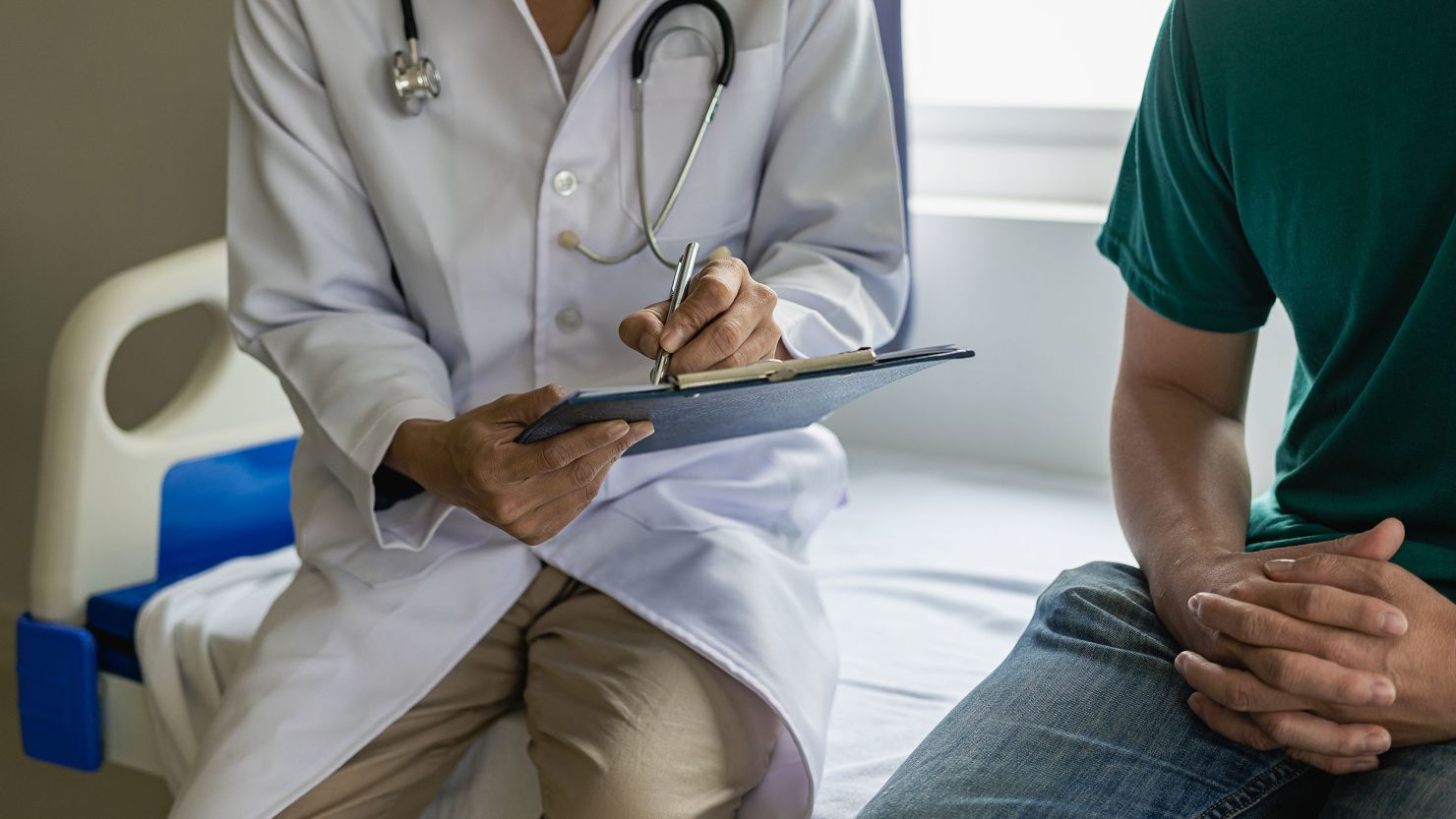The disproportionate level of discrimination that LGBT adults experience in their daily lives extends to the doctor’s office, and these negative experiences have led many to change their health care and behavior, a new survey from KFF found.
A third of LGBT adults say that a doctor or another health care provider has treated them unfairly or with disrespect, compared with about 15% of adults who don’t identify as LGBT, according to the survey.
LGBT adults were also more than twice as likely to experience other negative interactions during recent health care visits, including providers making assumptions about them (40%), suggesting personal blame for a health problem (32%) and ignoring a request or question (32%). Less than 20% of adults who do not identify as LGBT say they have experienced any of these same interactions.
Consequences resulting from these negative health care experiences are also more than twice as common among LGBT adults. About a quarter of LGBT adults say they’ve had a recent health care experience that caused their health to get worse, compared with less than 10% of other adults, the survey found. And more than a third of LGBT adults have said they’ve become less likely to seek health care or have switched providers, compared to about 15% of other adults.
LGBT adults are consistently more likely than non-LGBT adults to experience discrimination in their daily lives at least a few times a year across demographics. But among LGBT adults, negative experiences are more likely among those who are younger, women and have lower income.
“There is no good reason twice as many LGBT adults should be reporting being treated poorly by the health system compared to non-LGBT adults,” Drew Altman, CEO and president of KFF said in a statement. “Health professionals and health care institutions need to take a hard look at these data and themselves.”
Negative experiences at the doctor’s office, while significantly more common for LGBT adults, are far from the norm. Most LGBT adults say that they have also had positive and respectful interactions in recent years, with at least 7 out 10 saying that health care providers involved them in decisions about their care, spent enough time with them during their visit and understood and respected their cultural values and beliefs.
Still, more than half of LGBT adults say they have to be “very careful about their appearance to be treated fairly” at health care visits, compared with about a third of non-LGBT adults, the KFF survey found. And more than a third (38%) say they “try to prepare for possible insults from a doctor or health care provider or their staff.” LGBT adults are also less comfortable asking questions during these visits, the survey found.
Mental health challenges are disproportionately prevalent among LGBT adults, which are likely exacerbated by more common experiences with discrimination and other negative interactions, the KFF report suggests. But LGBT adults are more than twice as likely as non-LGBT adults to say there was a time when they didn’t receive needed mental health services in the past year.
Get CNN Health's weekly newsletter
Sign up here to get The Results Are In with Dr. Sanjay Gupta every Tuesday from the CNN Health team.
“This survey’s findings underscore and enhance our understanding of the ongoing challenges LGBT adults in the U.S. face, including with respect to experiences with stigma and discrimination and poorer mental health outcomes compared to non-LGBT peers,” KFF researchers wrote in the new report. “Indeed, these findings are likely intertwined. That is, experiences of stigma and discrimination can lead to challenges with mental health, particularly at a time when LGBTQ people’s rights and access to social institutions, including health care, have been called into question and politicized.”
The findings are based on a survey of more than 6,000 adults in the United States, including about 500 adults that self-identified as LGBT. The survey was conducted between June and August 2023, and asked participants about experiences with health care providers within the past three years.


